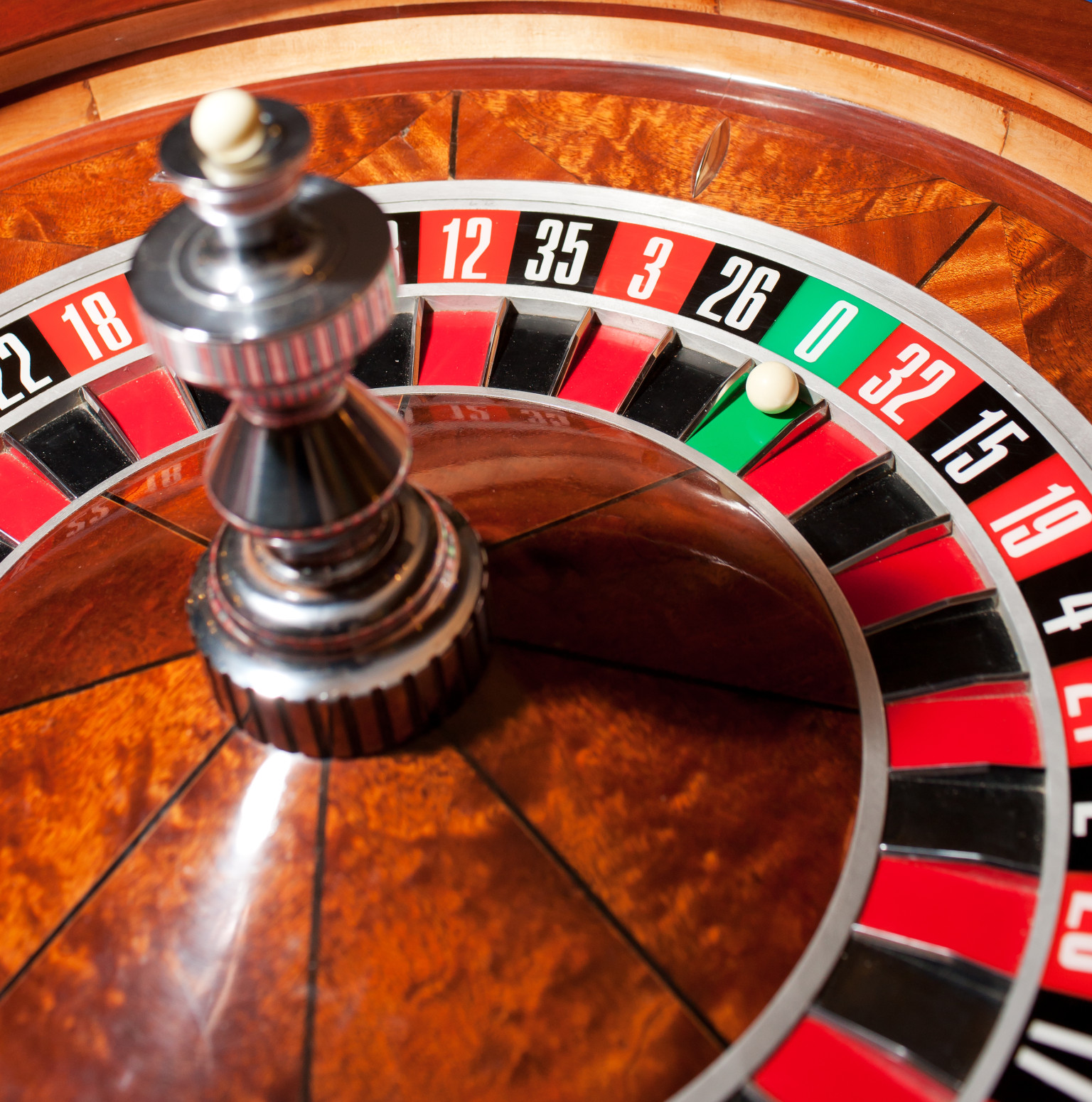
Casino games have been a well of amusement and excitement for numerous players around the globe. One of the main components that renders these games captivating is the diversity of cards employed in various kinds of games. Understanding the various kinds of cards can improve your gaming experience and improve your gameplay strategies. Regardless of whether you are drawn to classic card games like Texas Hold’em and 21 or newer casino games, each game depends on a unique set of cards that influences the regulations and the flow of play.
In casino settings, cards come in various forms, each tailored to meet the requirements of specific games. From standard decks to specialized card types, the diversity plays a crucial role in shaping the mechanics of each game. By acquainting yourself with these cards and their uses, you can gain deeper insights into the games and make more informed decisions at the table. This understanding not just enhances your gaming experience but also adds to a more sophisticated approach to your odds of winning.
Types of Playing Cards
When it comes to casino games, the type of playing cards used can greatly impact the gameplay and strategy. The most common deck is the traditional 52-card deck, which consists of four suits: clubs, and spades. Each suit contains thirteen ranks, from ace to king. This standard deck is essential in many games, such as poker, where gamblers aim to create the best hand possible or get as close to 21 as they can.
Some casino games utilize special decks specifically designed for the game itself. For instance, the popular game of baccarat often uses multiple decks shuffled together, typically six or 8. This not only increases the difficulty of the game but also impacts betting strategies, as participants must consider the increased number of cards in play. Additionally, certain games may introduce joker cards or wildcards, adding further variety and excitement to the gambling experience.
In niche games, specialized decks may come into play. For example, in games like bridge or Pinochle, players might use unique rules with varied card values or functions. These changes keep the gameplay fresh and allow for diverse strategies to appear. Understanding the various types of playing cards and their specific uses in different casino games is key to improving one’s gaming experience and improving overall performance at the tables.
Card Variations in Gambling Activities
In casino games, the type of deck used can significantly affect both the play and the strategies used by players. Most classic playing card games, such as blackjack and five-card draw, typically utilize a regular 52-card deck. However, modifications do exist where additional jokers or even multiple decks are utilized. For instance, in blackjack, some casinos may use one to eight packs, which can change the odds and the fundamental strategy required to compete effectively. Participants must be aware of the deck makeup, as it affects the casino advantage.
Another frequent modification in gambling playing card activities is the utilization of themed or specialized decks. For instance, some poker activities might use a deck that includes unique graphics or patterns, which can enhance the atmosphere at the gaming table. These specialized decks often serve to differentiate between different game types or loyalty programs within the casino. ONE88 While the standard guidelines of the activity remain the same, the visual appeal can influence participant engagement and satisfaction.
Finally, the shuffling techniques used with various types of packs can also impact gameplay. Gaming establishments often make use of automatic shufflers that can randomly shuffle several decks effectively, making hand counting more difficult. The rate and manner of shuffling can vary widely based on the game and the gaming establishment’s policies. Comprehending these deck variations is important for any participant seeking to improve their game strategy and overall enjoyment in gaming activities.
Significance of Cards Worth
In gaming games, the worth of every card plays a crucial role in deciding the outcome of various games. Distinct games assign distinct values to cards, influencing tactics and player decisions. For instance, in 21, cards ranging two through ten are rated at their face value, while court cards hold a value of ten, and the Ace can be valued either one or eleven. Comprehending these worths allows players to make informed decisions during gameplay, enhancing their odds of success.
Similarly, in the game of poker, the significance of card values extends to hands and combination rankings. High worth playing cards can form more powerful combinations, such as pairs, straight hands, or flushes, which are essential for triumph in the activity. Players must assess not only their personal cards but also possible combinations their opponents might hold. This tactical depth adds interest and complexity, making playing card worths a key factor in the appeal of poker attraction.
Furthermore, the cognitive element of playing card worths cannot be overlooked. Gamers may use the awareness of card values to bluff or trick their rivals. By understanding how a playing card’s worth can affect the game’s mechanics, gamers can more effectively manage hazards and gains, creating a thrilling atmosphere in casino activities. Whether playing for entertainment or for real money, awareness of card worths significantly shapes the overall playing encounter.